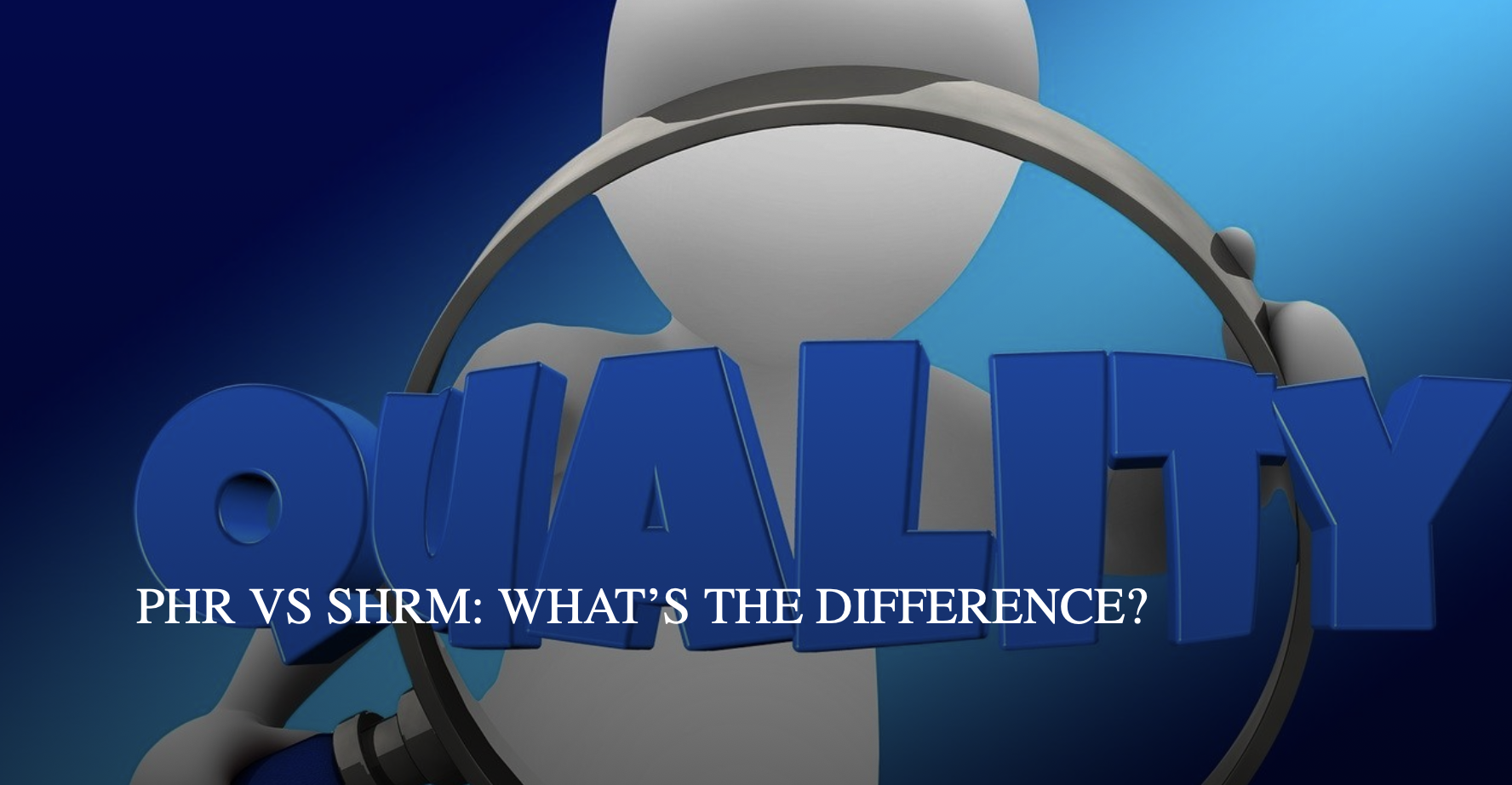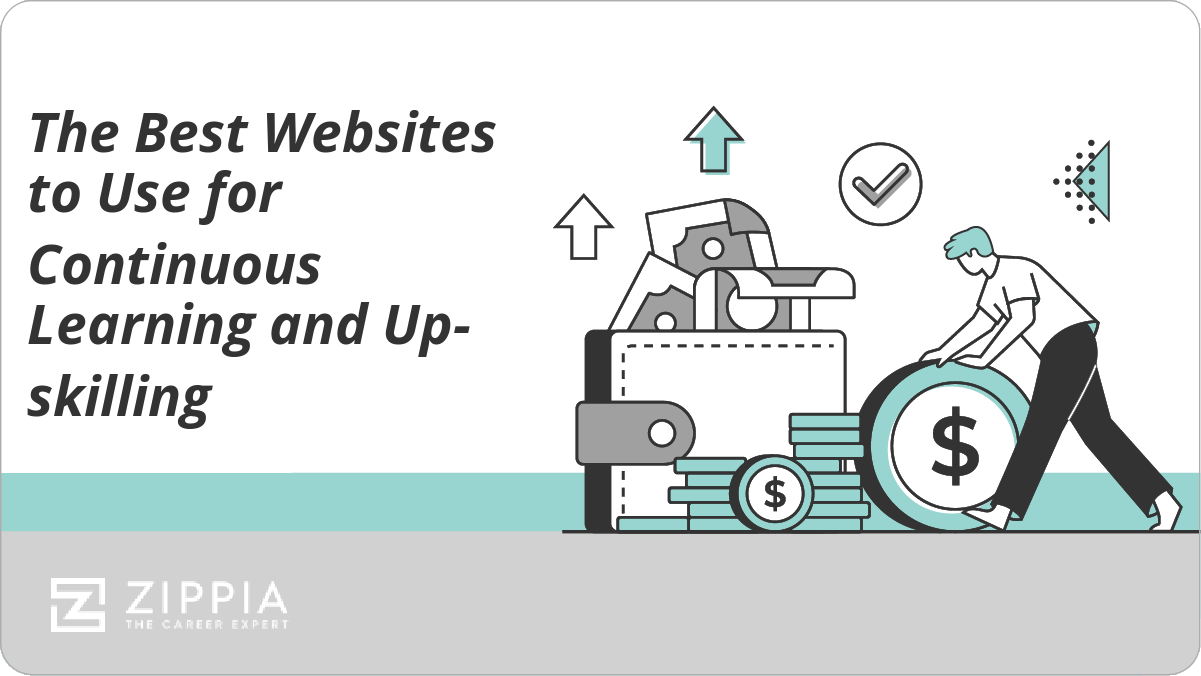Summary. Accounting software is a way to keep track of your business’s accounting and bookkeeping needs, such as income, invoicing, payroll, and financial reports. It’ll take care of the tedious tracking functions needed to keep proper books, as well as help you stay in compliance with rules and regulations.
Key Takeaways:
-
Accounting software is a tool to aid with basic accounting needs, such as invoicing, online payment collection, generating financial reports, and bank and credit card syncing.
-
Some of the best software for small businesses are Quickbooks, Xero, Freshbooks, Wave, and Sage.
-
When selecting the best software for your business, you’ll need to consider the cost and features you want to prioritize, such as customer support, security, scalability, ease of use, or integration with other business software.
What Does Accounting Software Do?
Accounting software makes bookkeeping and keeping track of accounts easier and quicker, but it still requires knowledge of basic accounting practices. That means that the software you choose will depend on your knowledge of bookkeeping, as well as whether or not you hire an outside accountant to help with your business accounting.
For the majority of small businesses, basic accounting software will cover the majority of what you want to do. If you’re a retail business and want it to track your inventory or have specific invoicing wants or needs, then you may need more specialized software. But as a rule, everything you need will be included.
Common functions include:
-
Bank and credit card syncing.
-
Invoicing.
-
Online payment collection.
-
Access for accountants or tax professionals.
-
Preparing basic financial statements, like:
-
Statements of cash flow
-
Balance sheets.
Best Software for Small Businesses
There are several different accounting software to choose from, depending on what you want to focus on. While, of course, it’ll come down to your own business’s needs and financial requirements, here are some accounting software services to look into:
-
Zoho Books
Part of a suite of software options offered by Zoho, Zoho Books allows you to integrate across their platforms. If you don’t use other Zoho products, the software stands well on its own. It offers a lot of options and complexity, which is excellent for larger or growing businesses, but may be overwhelming to very small businesses.
-
Freshbooks
This software is known for being very easy to use and is generally recommended for small businesses with no or just a few employees, as it’s streamlined, user-friendly, and has an intuitive interface that makes it ideal for novice bookkeepers. It can handle more than that as well, allowing it to accommodate expansion.
-
Xero
In many ways, this has the most bang for your buck. Xero is relatively inexpensive but offers a lot of tools to help track and automate processes and free up time. It’s easy to use, can integrate with other software, and has a good help team. However, it has a bit of a learning curve and isn’t ideal for very small businesses.
-
Intuit QuickBooks
As one of the best-known accounting software services, it’s unsurprising that QuickBooks ends up on the list. It’s customizable, intuitive, and has highly praised functionality.
Due to its popularity, it also has many add-ons, and the majority of bookkeepers are familiar with it. It is expensive, though, so it’s not for every small business.
-
Wave
While this accounting service is somewhat limited, it has the huge benefit of having several features that are free to use. If you don’t need payroll or payments (you need to pay for those services) or time tracking, then it’s an excellent choice. It’s also streamlined and welcoming to newcomers, making it excellent for very small businesses.
-
Sage Business Cloud Accounting
As likely the most comprehensive accounting software on this list, Sage offers more services than most small businesses will need. However, it’s highly customizable, integrates with Microsoft 365 Business, and offers inventory tracking.
That being said, it has some dated aspects, such as being solely desktop based (and only for Windows) as well as being expensive due to all the features. If you need more advanced features and don’t mind your bookkeeping all being done on a desktop, then it has a robust suite of features that make it a highly effective tool.
How to Choose the Best Accounting Software for Your Business
Choosing the best software for your business will be largely dependent on what your business requires. While that may seem reductive, there is, unfortunately, no one software that is best for every purpose. Therefore, you have to consider what aspects are most important and use that to help you decide. Here are some factors to consider:
-
Cost. How much the software costs for access is one of the primary factors in your decision. Of course, a lot of this will depend on your budget, but it’s also important to compare features and prices. In addition, some accounting software is likely to offer more than you need and have a higher price tag because of it.
-
User interface. Ease of use is a major consideration when selecting accounting software. It’s doubly important if someone other than an experienced bookkeeper is going to be using the software.
-
Access. Different services will have different ways to access them. One choice is whether you wish to download the software onto your own devices or access it from the cloud. The cloud can be more convenient and easier if you’re prone to bouncing between your phone and your computer. It’s also an automatic backup.
However, anything that isn’t stored directly on your computer is going to be less secure. In addition, some software is only usable on Windows or has limited features in their mobile app. Depending on how you plan to use it, you may want to prioritize mobile access or security.
-
Needed features. While this seems obvious, you want to make sure that the application has all the features that you need. While there are several features that are considered necessary, some very small businesses may not even need those. Here are what are commonly considered essentials:
-
Accounting. Of course, this is absolutely necessary. You’re getting an accounting software, and you want to make sure that it can keep track of your expenses and books as needed.
-
Payroll. The majority of businesses will need this, and it’s a major expenditure as well as tied up with tax law and labor laws. Most accounting software will include tools to track and pay out payroll, making it much easier to keep track of it and report it accurately.
-
Billing. Being able to send out bills and invoices, as well as tracking them and marking that they’ve been paid is another important aspect of accounting software. That means that you’re going to need to be sure that the software you pick does this to your specifications.
-
Inventory. While considered essential, not every business is going to need to track inventory. Generally, this is important in the retail, restaurant, and service industries. You’re going to need to make sure that you have the supplies you need when you need them, as well as track what’s sold and when to reorder.
-
Reporting. Part of keeping accurate books and keeping up with tax and other legal requirements is generating reports. While most financial reports aren’t complicated, having software to compile them for you ensures accuracy and is a timesaver.
-
Customer relationship management (CRM). If your business is customer-centric, then you’ll likely want this feature. It keeps track of customer information, such as contact info, as well as tracking sales opportunities and helps manage customer interactions.
-
Project management. Very small businesses may not require this, but any business or startup that runs a project will find this makes their life easier. It helps with tracking budgets, assigning tasks to the right person, and tracking the progress of the project.
-
-
Customer support. Accounting software can be complex, and accounting practices can be opaque. Being able to get in touch with customer service representatives when you need it so that you use the software properly – or deal with a glitch or mistake – can make a huge difference. Be sure to check how other users rate their responsiveness.
-
Security. Keeping your data secure is another important consideration. This is especially so if you have employees, as it’s a requirement to keep their personal information secure. Most accounting software will prioritize security, but it’s good to check on what reasonable measures they’re taking. And cloud-based software is inherently less secure.
-
Customization options. While not imperative, having the ability to customize the software as needed can make it a great deal easier to use. It can also make it more suitable for your particular business and its needs. In general, the greater the ability to customize, the better.
-
Scalability. If you’re planning to grow your business, it’s a good idea to try to pick a software that’s scalable. Not all accounting software is suitable for both small and large businesses, so that’s something to consider. Otherwise, you’ll have to be prepared to shift accounting software at some point.
-
Integration. Many accounting software systems will allow you to integrate with other types of business software. However, this is hardly seamless. If you can buy software from the same company, it’s much more likely to work together well, but otherwise, it can be tricky to get everything to play nicely together.
This feature may not be imperative to you, at which point it’s not much of a consideration. But businesses often run accounting software, HR software, inventory tracking, and several other programs. If your different systems can communicate with each other and share data, it can make it much easier to handle.
Small Business Accounting FAQ
-
Do you need accounting software for a small business?
While accounting software isn’t actually required to run a small business, it’ll save you a great deal of time and money. Using accounting software allows you to automate a lot of the time-consuming and tedious aspects of record keeping, allowing you to spend more time on your business.
Most accounting software also offers services to help make sure that your business bookkeeping is tax compliant and will generate the records and forms you need to keep it that way.
-
What’s the difference between ERP and accounting software?
Enterprise resource planning (ERP) is a larger, more complex version of accounting software. ERP usually includes CRM, project management, and inventory management, making it much more suitable for larger businesses. Accounting software tends to be more basic and less expensive.
-
How much does accounting software for small businesses cost?
Accounting software for small businesses can range from being free to costing $150 per month. The majority of options fall more in the $0 to $40 range, which is a reasonable price range to start with. These services will offer basic services such as income and expenses, generating financial reports, and tracking payroll.





